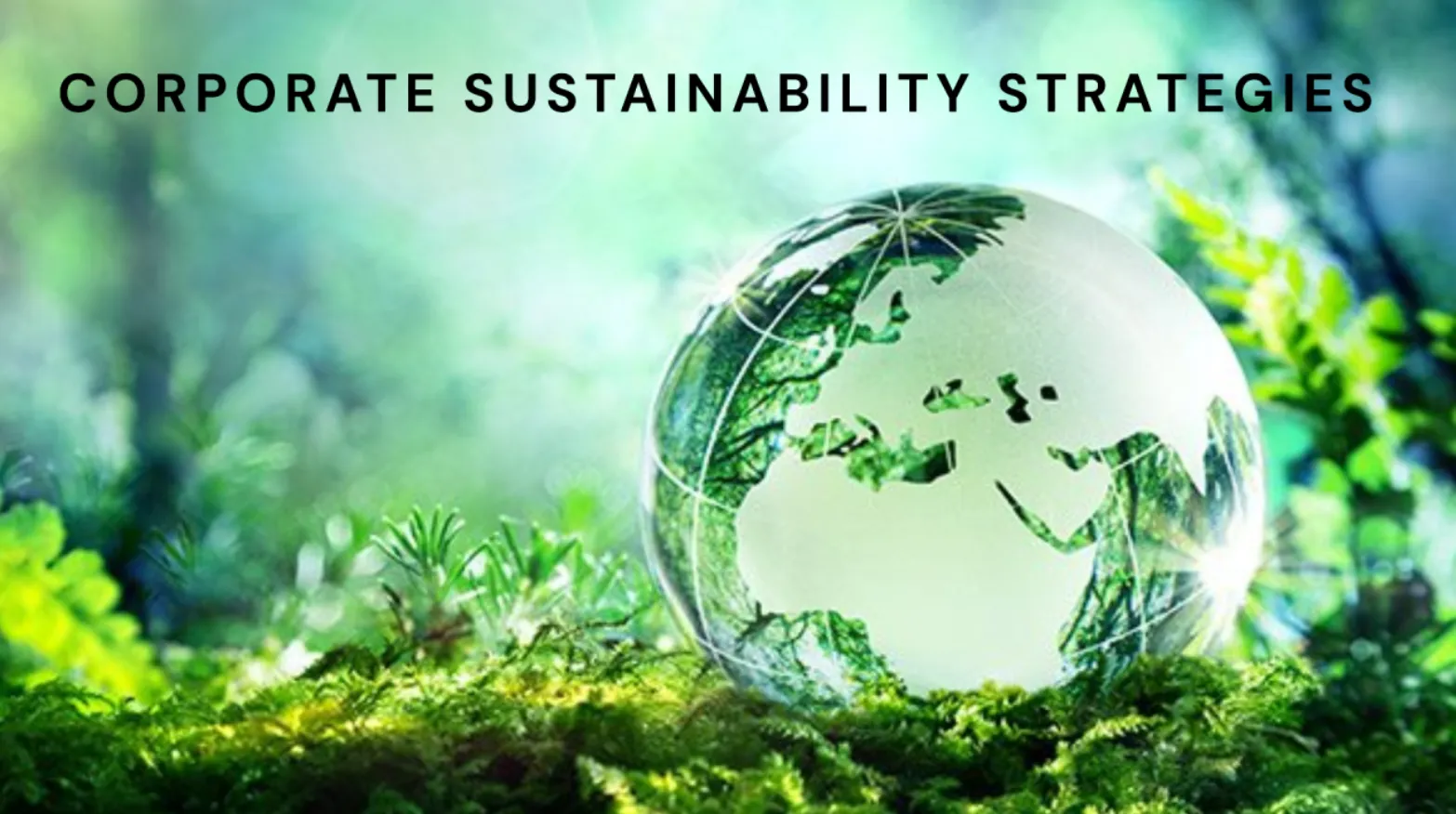Sustainability is no longer just a buzzword — it’s an essential part of running a successful and responsible business. As consumers become more eco-conscious and governments tighten environmental regulations, companies that adopt sustainable practices are reaping significant rewards. Whether it’s reducing costs, improving brand reputation, or fostering innovation, businesses that prioritize sustainability gain a competitive edge. By integrating sustainable practices, companies not only contribute to the health of the planet but also enhance their own growth and long-term success. Here are three powerful ways sustainable practices benefit businesses today.
Contents
1. Cost Savings Through Resource Efficiency
One of the most immediate and tangible benefits of sustainable practices is cost savings. By focusing on resource efficiency, businesses can reduce their consumption of energy, water, and raw materials. Simple measures like upgrading to energy-efficient lighting, improving insulation, or installing water-saving fixtures can result in significant savings on utility bills. Additionally, investing in renewable energy sources like solar panels or wind power can reduce long-term energy costs while decreasing reliance on non-renewable resources. These resource-saving strategies not only lower operating expenses but also provide a more predictable financial future for businesses.
Waste reduction is another area where companies can see major cost benefits. Implementing recycling programs, minimizing packaging, and reducing waste output can decrease disposal costs while also reducing the environmental impact of operations. Many businesses are even finding innovative ways to repurpose waste materials into new products, creating additional revenue streams. By optimizing resource use and reducing waste, businesses can significantly improve their bottom line while supporting global sustainability goals.
2. Enhanced Brand Reputation and Customer Loyalty
In today’s marketplace, consumers are more environmentally aware than ever, and they expect the brands they support to share their values. Companies that implement sustainable practices build trust and loyalty with eco-conscious customers who prioritize sustainability in their purchasing decisions. When a business demonstrates a genuine commitment to reducing its environmental footprint, it differentiates itself from competitors and attracts customers who want to make responsible choices. Communicating these efforts clearly through marketing and branding can lead to stronger customer engagement and long-term loyalty.
Corporate sustainability is also becoming a deciding factor for business-to-business relationships. Many companies are now requiring their suppliers and partners to meet sustainability standards as part of their sustainability initiatives. This trend means that businesses with robust sustainability practices are more likely to be chosen as partners by other eco-conscious organizations, opening the door to new opportunities and collaborations. As sustainability becomes more mainstream, businesses that prioritize it will gain a lasting advantage in both consumer and corporate markets.
3. Innovation and Long-Term Competitiveness
Sustainability often sparks innovation, pushing businesses to think creatively about how they can operate more efficiently and reduce their environmental impact. The pursuit of sustainable solutions leads companies to explore new technologies, materials, and processes that not only benefit the planet but also drive competitiveness. For example, advancements in renewable energy, sustainable packaging, and eco-friendly manufacturing processes have enabled companies to stay ahead of industry trends while improving their overall performance. Businesses that invest in sustainability are more likely to be at the forefront of these innovations, giving them a competitive edge in their industry.
In addition to technological advancements, sustainable practices foster a culture of continuous improvement within organizations. Employees become more engaged when they feel that their company is committed to a higher purpose beyond profit. This culture of innovation and responsibility attracts top talent and encourages creativity, collaboration, and problem-solving within the workforce. As businesses face the challenges of a changing global landscape, those that have embraced sustainability will be better equipped to adapt and thrive over the long term.
Conclusion
Sustainable practices offer businesses a wide range of benefits, from cost savings to enhanced reputation and innovation. By prioritizing resource efficiency, companies can reduce operational expenses while minimizing their environmental footprint. Businesses that embrace sustainability also gain customer loyalty and stand out in a crowded marketplace. Additionally, focusing on sustainability fosters innovation and ensures long-term competitiveness in an evolving business landscape. Adopting sustainable practices isn’t just a responsible choice — it’s a strategic move that positions businesses for success now and in the future.


